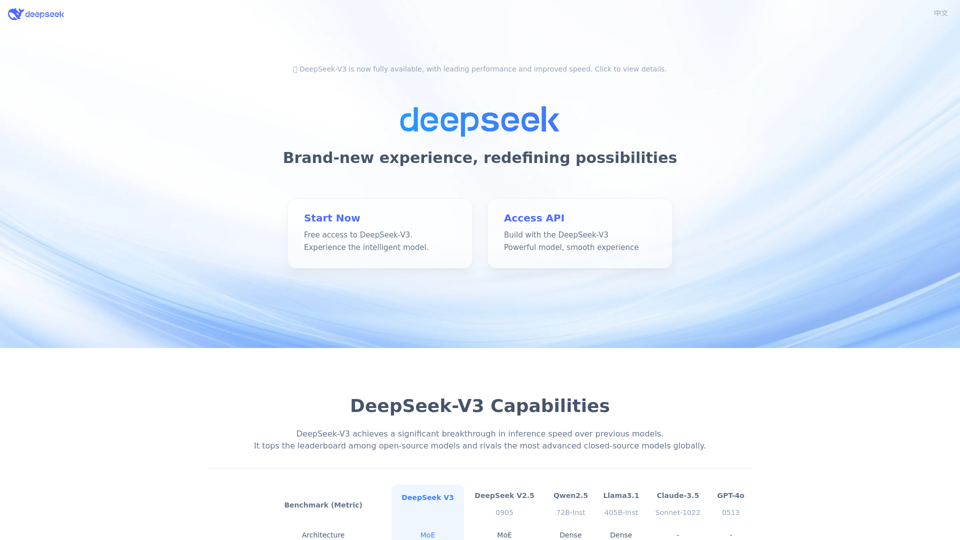What's AI in Knowledge Management
AI in knowledge management refers to the integration of artificial intelligence technologies to enhance the processes of creating, storing, retrieving, and sharing knowledge within organizations. This approach leverages AI tools to automate repetitive tasks, improve data organization, and provide intelligent insights, ultimately transforming traditional knowledge bases into dynamic, interactive systems.
Main Components of AI Knowledge Management
- Data Sources and Integration: Connects various data sources to ensure content is comprehensive and up-to-date.
- Intelligent Search: Utilizes user intent and context to deliver precise search results.
- Natural Language Processing (NLP): Enables natural language queries and contextual responses.
- Automated Content Curation and Tagging: Organizes and prioritizes content automatically.
- Machine Learning Models: Learns from user interactions to predict and adapt to needs.
- Personalization Features: Customizes user experiences based on preferences and interactions.
- Analytics and Reporting: Provides insights into user behavior and content performance for optimization.
Benefits of AI in Knowledge Management
AI-driven knowledge management systems offer significant advantages, including:
- Improved Information Access: Streamlines search and retrieval, providing instant access to relevant information.
- Automated Content Curation: Keeps knowledge bases accurate and well-structured through automatic organization and tagging.
- Enhanced User Experience: Offers personalized recommendations and intelligent search features.
- Faster Decision-Making: Surfaces key insights quickly, aiding in informed decision-making.
- Continuous Learning and Adaptation: Learns from interactions to deliver useful content and insights.
- Cost and Time Efficiency: Automates routine tasks, reducing labor costs and increasing productivity.
How to Use AI in Knowledge Management
Implementing AI in knowledge management involves several key steps:
Step 1. Assess Your Current System
Evaluate your existing knowledge management tools and identify pain points such as difficulties in finding relevant content or inefficiencies in tagging and classification.
Step 2. Clean and Organize Your Data
Ensure your data is high-quality and well-structured. Remove redundant information and address metadata gaps to enhance AI accuracy.
Step 3. Choose the Right AI Tools and Platforms
Select AI-powered tools that align with your knowledge management goals, focusing on features like automated tagging, intelligent search, and scalability.
Step 4. Train and Customize Your AI Models
Train AI models on your specific data sets to improve their understanding and accuracy. Customize these models to meet your organization’s needs.
Step 5. Test, Monitor, and Refine
Regularly test the AI system for functionality and accuracy. Use feedback and analytics to refine algorithms and improve performance.
Step 6. Ensure Compliance and Governance
Maintain data privacy and security by implementing strict access controls and conducting regular compliance audits.
By following these steps, organizations can effectively integrate AI into their knowledge management systems, enhancing efficiency and innovation.
